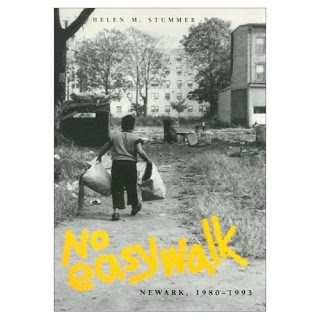If you’re wondering what’s up with the next generation of American Catholics, you might find one answer right here:
College-aged Catholics are much less inclined to go to church or rely on authority figures than their elder counterparts, reports William d’Antonio, professor emeritus of sociology at UConn, in his new book “American Catholics Today: New Realities of Their Faith and Their Church.”
This is the fourth book that d’Antonio, a Catholic and current fellow at Catholic University of America in Washington D.C., helped to write on these trends. The information is gleaned from four national surveys taken over the course of 20 years that poll information about church teachings, social issues and how the subject identifies most strongly with Catholicism.
The original poll was taken in 1987 when John Paul II was visiting America. “We thought that the bishops would like to know where the American Catholics were at right now,” d’Antonio said. “So we created this survey.”
“We’ve had four [surveys] since the first one, and what they have shown over time is that there’s a big generational gap between the grandparent’s generation, that is Catholics born in the forties and Catholics of the millennial generation, who were born in the seventies and eighties,” d’Antonio said.
One of the biggest differences that the poll found was that 7 percent more modern Catholics than senior Catholics considered service to the poor as the most important factor of their faith, rather than belief in the resurrection of Jesus, which younger Christians ranked second. Both groups placed the sacraments as the third most important aspect of their faith and Mary’s divinity as fourth.
This idea of new importance on helping the poor was supported by the local Catholic church, St. Thomas Aquinas.
“There are many people here whose faith is connected with social justice,” said Pastoral Minister Annemarie O’Connor. “There are many teachings that say we pay attention to the needs of the people who are poor or marginalized.”
For that reason, St. Thomas Aquinas offers programs to help the needy, such as soup kitchens, sending students to build houses in the Appalachian’s. On the UConn campus, all are well attended, giving credence to d’Antonio’s study.
He also discovered that younger Catholics were generally more tolerant of changing social concepts like homosexuality and divorce.
“When I was [that] age I didn’t know anyone who was homosexual,” he said. “When anyone got divorced, it was a scandal. You don’t see them as evil people though, you have a different attitude about divorce and married people, a different attitude to gay or lesbian people.”
Another discovery showed that there was a large difference between church attendance as well; roughly 60 percent of people older than 65 tended to visit church every week, whereas only 15 percent of college-aged Catholics only attended mass.
This, too, was confirmed by St. Thomas Aquinas church.
“At UConn, the number of Catholics is probably higher than the number who attend church,” said O’Connor. “But the people who come are very involved. They are attracted to the community, and they’re trying to keep close to their faith. Things like the Eucharist and social justice bring the kids back to church time and time again.”
“Churches all have to reach out to young adults more,” she said. “We try to do that a lot here, it may not be as true in other parishes, though.”
D’Antonio believes that these differences come from the fact that younger generations are more resilient to lectures from authority figures.
“The thing that characterizes [the modern] generation, and I think it goes beyond religion, is their reliance on their own conscience and your own judgment and your ability to reason things out,” he said. “You have less an inclination to just take things blindly.”
You can find out more about the book at this link.

